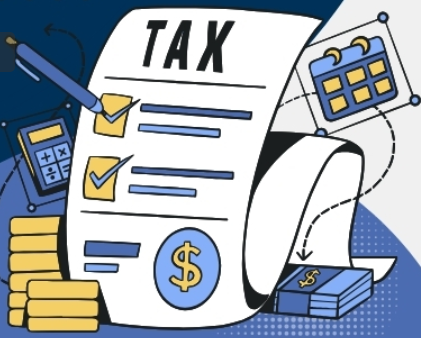
Running a small business involves juggling numerous responsibilities, and tax planning is often overwhelming. However, understanding and utilizing tax credits can significantly benefit your business’s bottom line. This blog will explore six commonly missed tax credits that small businesses must know about to optimize their tax savings.
1. Research and Development (R&D) Tax Credit
This tax credit is a powerful incentive to encourage innovation and technological advancement. Many small businesses mistakenly believe that only large corporations qualify for this credit. However, the R&D tax credit is available to businesses of all sizes that invest in developing or improving products, processes, or software. Small businesses can reduce their taxes by identifying and documenting eligible R&D activities while fostering innovation.
2. Small Business Health Care Tax Credit
Providing healthcare coverage to employees can be financially challenging for small businesses. However, the small business health care tax credit can help alleviate some of the costs. This credit is available to businesses with at most 25 full-time employees that contribute to their employees’ health insurance premiums. By taking advantage of this credit, small businesses can provide quality healthcare while reducing their tax burden.
3. Work Opportunity Tax Credit (WOTC)
This tax credit is designed to encourage hiring individuals from targeted groups, such as veterans, ex-felons, and recipients of certain government assistance programs. Small businesses that hire individuals from these groups can claim a tax credit ranging from $1,200 to $9,600 per qualified employee. By tapping into this credit, small businesses can benefit from a diverse and talented workforce and enjoy significant tax savings.
4. Energy Efficiency Tax Credits
Businesses that invest in energy-efficient equipment or make energy-saving improvements to their buildings may qualify for energy efficiency tax credits. These credits encourage businesses to adopt eco-friendly practices while reducing their energy costs. Eligible expenses may include solar panels, energy-efficient HVAC systems, or upgrades like LED lighting. By taking advantage of these tax credits, small businesses can make a positive environmental impact while saving money on their energy bills.
5. Section 179 Deduction
Although not technically a tax credit, the Section 179 deduction is a valuable tax-saving strategy for small businesses. It allows small businesses to deduct the full purchase price of qualifying equipment and software in the year of purchase rather than depreciating the cost over several years.
This deduction can immediately boost cash flow while stimulating business growth through investments in technology, machinery, or other qualifying assets.
6. Employee Retention Credit
The Employee Retention Credit (ERC) was introduced as part of COVID-19 relief measures but has been extended and expanded. It allows eligible businesses to claim a refundable tax credit for retaining employees during periods of economic hardship. Small businesses that experienced a significant decline in gross receipts or were subject to government-mandated shutdowns may qualify for this credit. By utilizing the ERC, small businesses can receive substantial financial support while maintaining their workforce.
To Sum Up
Understanding and utilizing tax credits is crucial for small businesses to maximize their tax savings. As a business owner, you don’t have to navigate the complexities of tax planning in Bay Area alone.
NidhiJain CPA, a trusted accounting firm, can provide expert guidance and assistance in identifying and leveraging the tax credits mentioned in this blog post and many others.
Contact Nidhi Jain CPA today and let their experienced team help you optimize your tax strategy.



